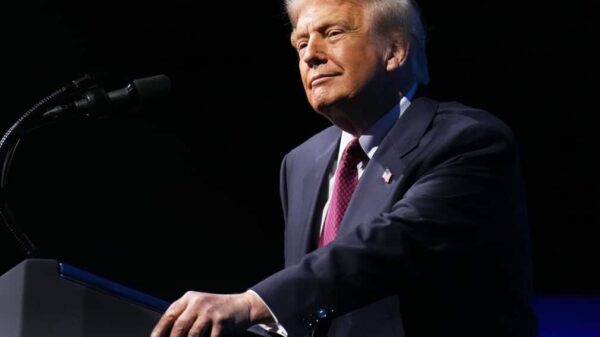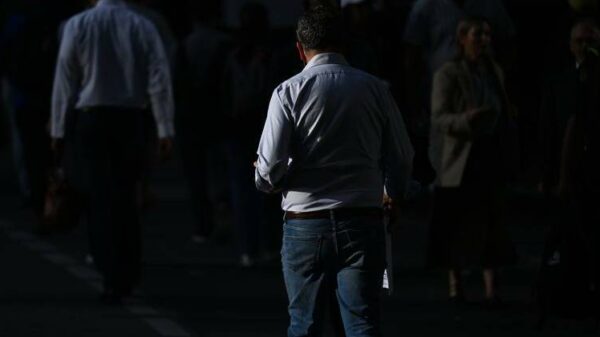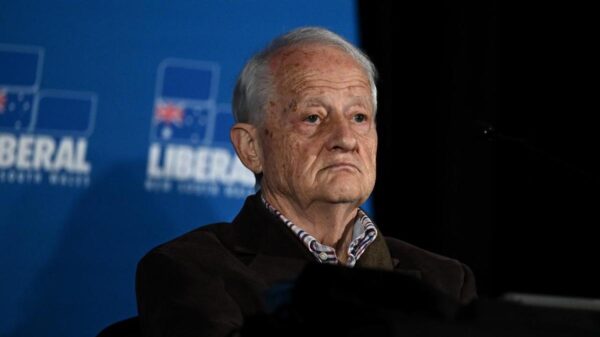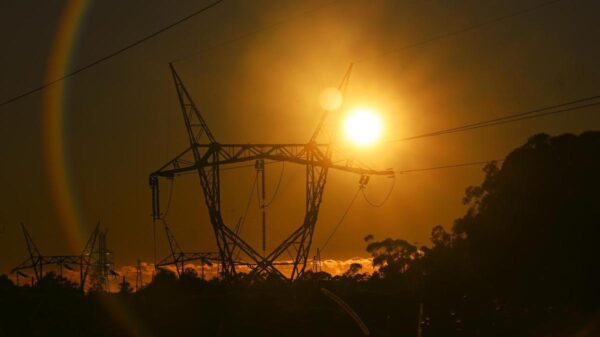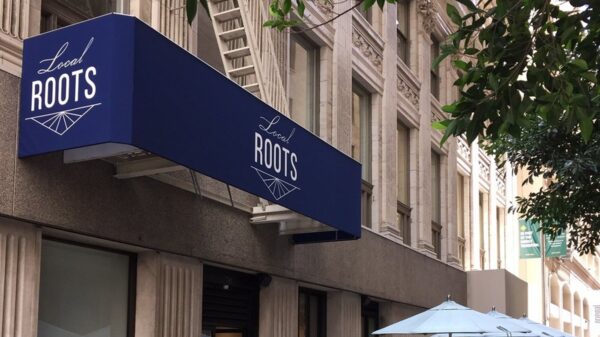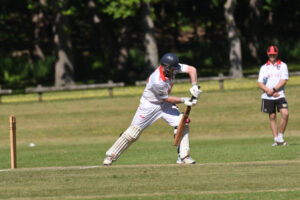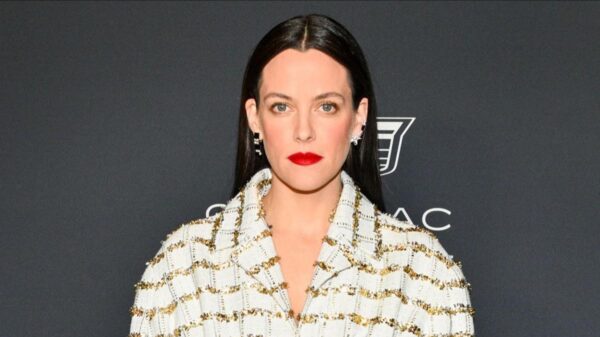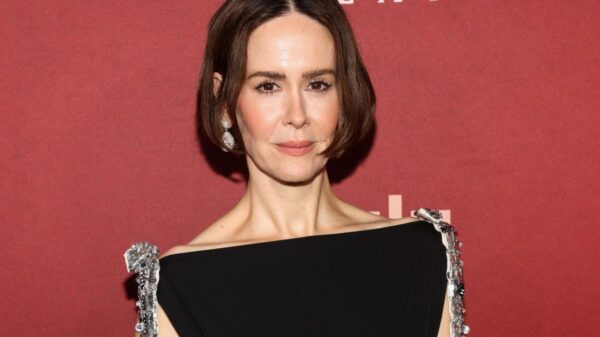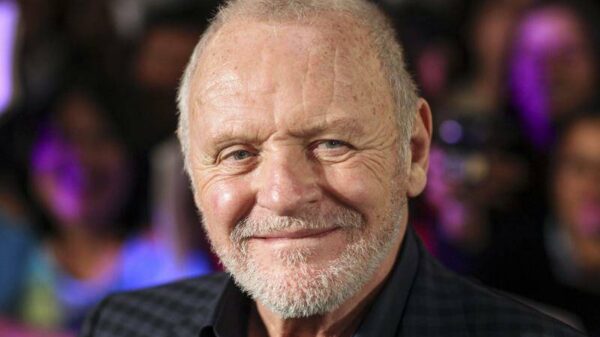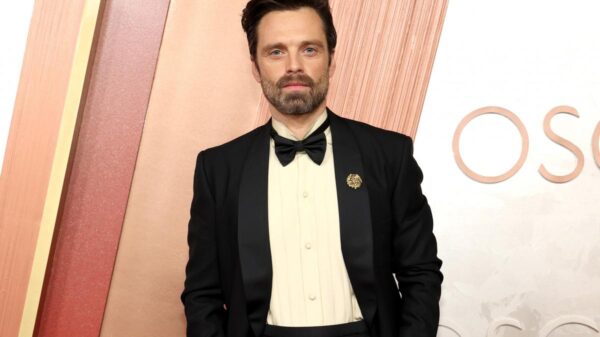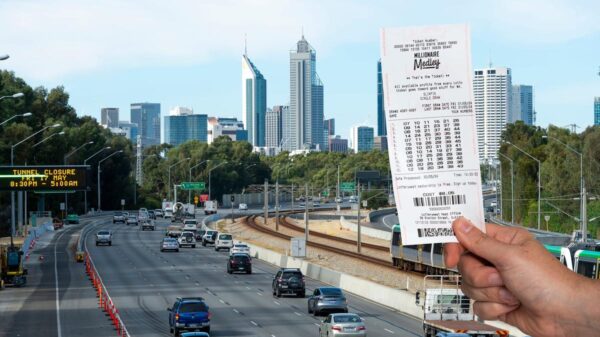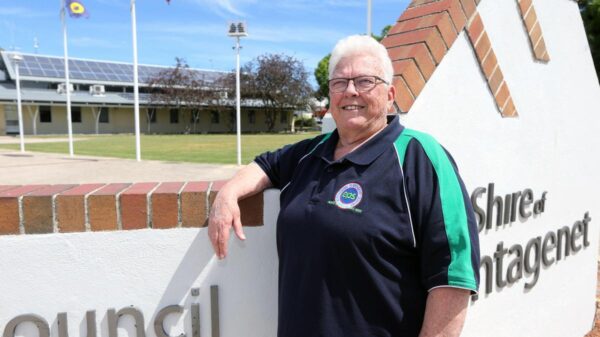The debate surrounding Australia’s groundbreaking social media ban for children is intensifying, with Google warning it may pursue legal action if its platform YouTube is included in the restrictions. The Australian government plans to implement a ban on social media for users aged 16 and under starting in December 2023. This ban, which targets platforms such as Facebook, Instagram, TikTok, and Snapchat, has raised questions about YouTube’s status, which was initially exempt from the legislation.
In a letter addressed to Communications Minister Anika Wells, Google expressed its concerns that the proposed inclusion of YouTube could violate the constitutional freedom of political communication. The letter was first reported by the Daily Telegraph and indicates that Google is considering its legal options in response to what it views as an abrupt policy shift by the government.
“YouTube is a video sharing platform, not a social media service, that offers benefit and value to younger Australians,” said a spokesperson for YouTube. The company has urged the government to maintain the integrity of the legislative process and protect the age-appropriate experiences it provides for young users.
Concerns Over Child Safety and Content Exposure
The push for a social media ban arises from growing concerns about the effects of online engagement on young people’s mental health. Julie Inman Grant, Australia’s e-Safety Commissioner, has recommended reconsidering YouTube’s exemption from the ban. She cited research indicating that children are exposed to harmful content on YouTube more than on any other platform.
During a speech at the National Press Club in June, Inman Grant clarified that the new law would not prevent children from accessing content on YouTube through links from educational institutions or in a logged-out state. “The new law will only restrict children under the age of 16 from having their own accounts,” she explained. Educators will still be able to use school-approved educational content available on the platform.
Prime Minister Anthony Albanese has responded critically to Google’s threats, asserting that the government will proceed with its decision-making independently of corporate pressure. “The minister will make these assessments independent of any threats made by social media companies,” he told ABC TV. Albanese emphasized the government’s responsibility to protect young people, who are increasingly impacted negatively by social media engagement.
Potential Penalties for Non-Compliance
The legislation includes strict penalties for platforms that fail to prevent children aged 16 and under from creating accounts. Companies could face fines of up to $50 million AUD if found not taking adequate measures to comply with the new regulations.
Early findings from an age-verification trial suggest that while technologies can help block younger children from social media platforms, loopholes still exist, raising challenges for enforcement. As the deadline for the ban approaches, the Australian government faces mounting pressure to address concerns regarding child safety while balancing the interests of major tech companies.
As Australia prepares to implement this pioneering legislation, the outcome of Google’s legal considerations and the government’s response will play a critical role in shaping the future of social media access for children in the country.







